Ethiopia
Several African leaders on Sunday approved proposals to make the African Union more efficient and financially independent, including through the implementation of an import levy by member states.
Heads of state and ministers had gathered at the body’s headquarters in Addis Ababa for what was seen as a last-ditch attempt to push through reforms that have been mulled for nearly two years.
The AU in 2016 charged its chairman and Rwandan President Paul Kagame with getting reforms passed, but observers have said time is running out because Egypt, which is set to assume the chairmanship, is thought to oppose aspects of the agenda.
Kagame’s vision
In proposals unveiled last year, Kagame envisioned a more narrowly focused AU headed by a powerful commission whose bills were covered by its 55 member states rather than foreign donors.
Although not all his reforms were passed, Kagame welcomed the progress made at the two-day summit.
Their effect would be “felt for decades” to come, he said.
“We have done our part to continue the journey, and I expect the coming… chairperson of the African Union to continue with the same momentum and the same progress,” he added.
I pay tribute to Africa’s leaders who unanimously decided at #AUSummit on fundamental changes that will transform the capabilities of our institution for decades to come. Together, we are making Africa stronger & better and building #TheAfricaWeWant and our people deserve
— Paul Kagame (@PaulKagame) November 18, 2018
A powerful commission?
The majority of the bloc’s 55 member states rejected Kagame’s plan to give the head of the AU commission, the body’s executive branch, the power to appoint their own deputy and commissioners.
This was seen as a move to make the administration more accountable to their leader.
Financing the AU
However members backed moves to streamline the body while bringing in revenue from member states and sanctioning those who don’t pay their dues.
The AU currently depends on foreign donors, who in 2019 will pay for 54 percent of a total budget of $681.5 million (596 million euros).
But the US has opposed the duty, arguing it violates World Trade Organisation rules.
The AU also agreed to reduce the number of commissions to six from eight, with peace and security merged with political affairs and trade and industry merged with economic affairs, AU commission chairman Moussa Faki Mahamat told journalists.
AU’s peace fund
On Saturday the AU launched a fund dedicated to paying for responses to crises on the continent before they evolve into full-blown conflicts.
The Peace Fund is part of the AU’s proposals to wean itself off donor money, the centrepiece of which is a 0.2 percent import levy meant to finance the body which 24 countries are in the process of implementing.
The US mission to the AU issued a statement saying it supports the AU’s self-funding goals but opposed “trade measures” to achieve them.
“We are proud of our partnership with the AU and will continue to work with the AU… to find impactful ways to bring peace and security to the continent,” the statement sent to AFP said.
2/4: New competency-based selection, election procedures for the senior Leadership were also adopted, paving the way for a merit-based, competitive elected Leadership with new portfolios rationalised to remove overlaps and duplication. #AUReforms pic.twitter.com/8E6qD17YKS
— Moussa Faki Mahamat (@AUC_MoussaFaki) 18 novembre 2018



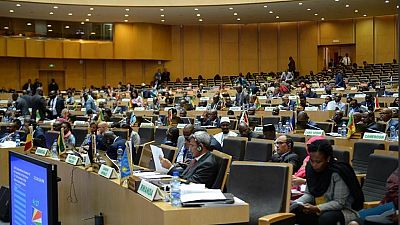

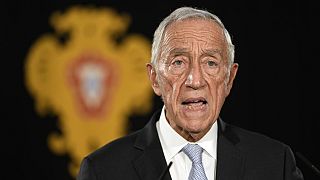
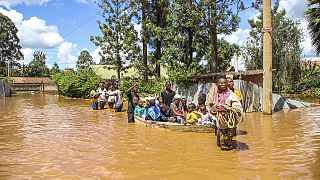



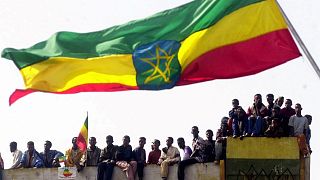

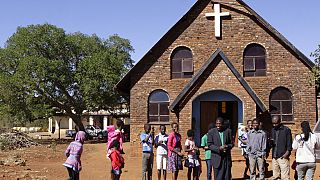
00:49
London Marathon: Women's-only world record, Kenyan double victory
00:54
African issues to be discussed as foreign ministers of G7 countries meet
01:30
UN reports widening global inequality in sexual and reproductive health and rights
00:59
Donors pledge $630 million for conflict-hit Ethiopia
Go to video
Hellen Obiri claims back-to-back Boston Marathon titles, leading Kenyan women's podium sweep
01:04
Kenya proposes treaty to ease Somalia-Ethiopia tensions